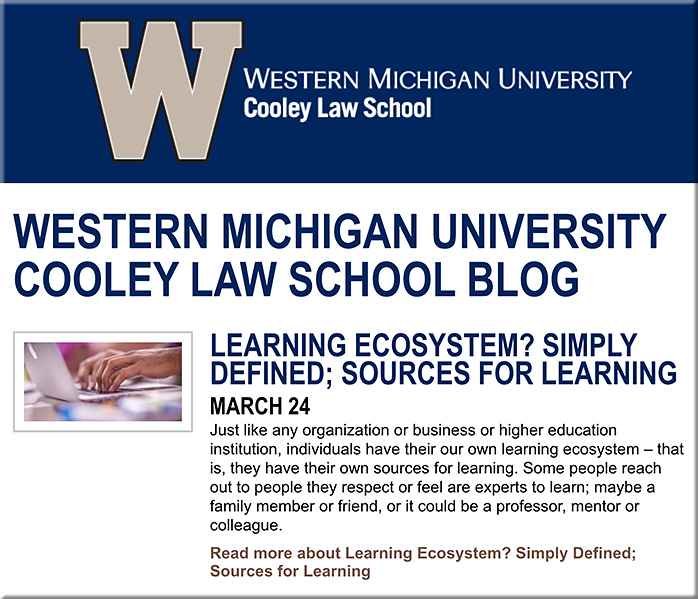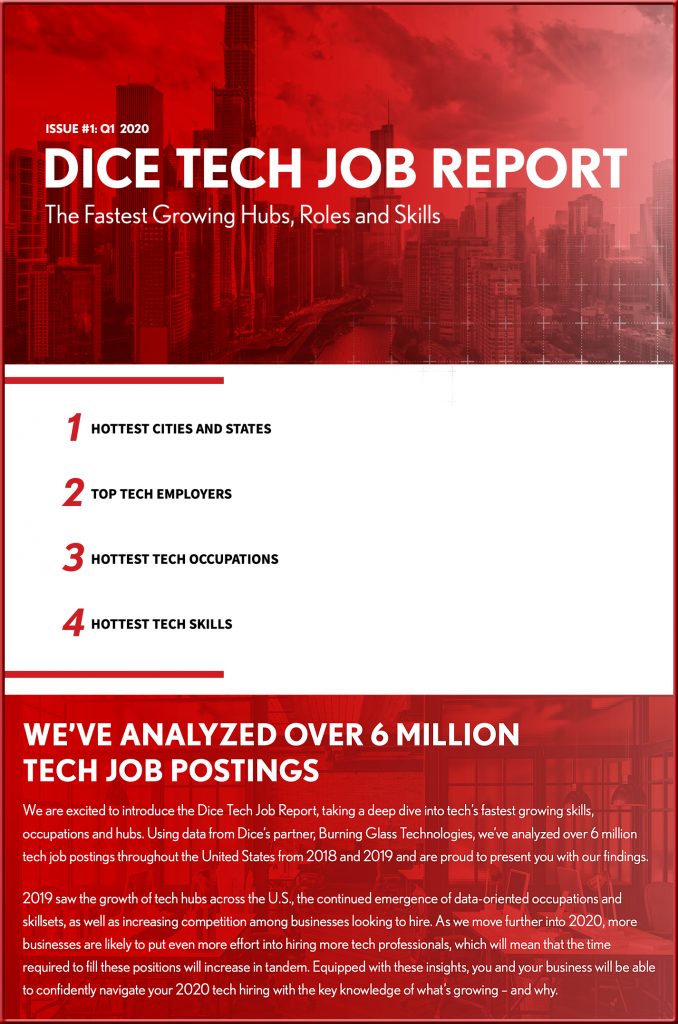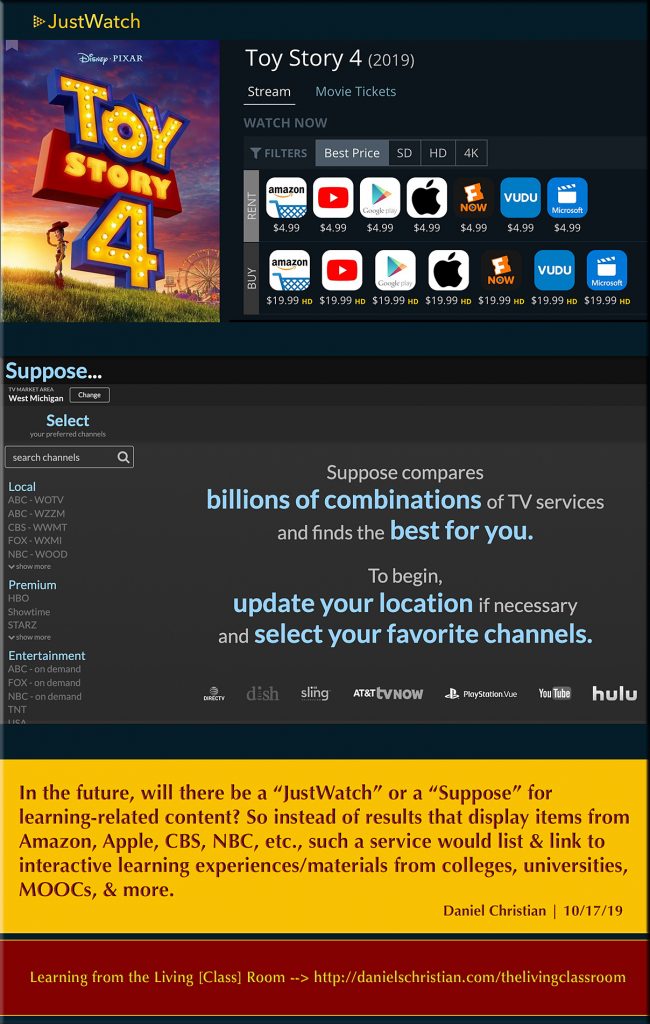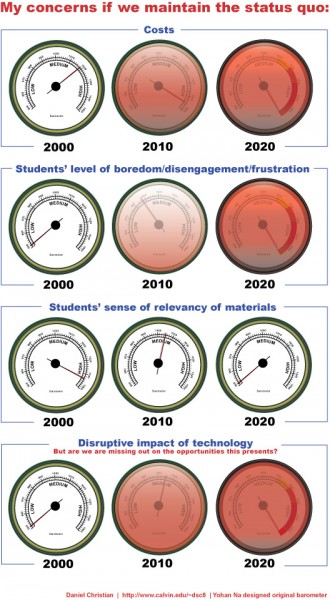From DSC:
By not listening/taking action nearly enough through the last several decades, the backlash continues to build against colleges and universities — institutions of traditional higher education who didn’t take the rise in tuition seriously. Students graduated and left campus, and the invisible gorillas of debt being placed on students’ backs weren’t acknowledged — nor were they fought against — nearly enough. Instead, the gorillas just kept getting bigger and bigger.
Year after year, I tried to fight this trend and raise awareness of it…only to see the majority of institutions of traditional higher education do absolutely nothing. Then, as the backlash started to build, the boards and the administrations across the country began priding themselves on how their percentage increases were amongst the smallest in the area/state/nation. They should have found ways to decrease their tuition, but they didn’t. Instead, they resorted to playing games with discounts while their “retail values” kept going up and up.
The time’s coming when they will pay the piper for having done this. Just like what happened to the oil companies and to the car/truck manufactures who made megabucks (for the time being) when their vehicles kept getting bigger and bigger and when the price of oil was high. What happened? The end result was that they shot themselves in the foot. These days, Tesla — with their electric cars — is now the most valuable car company in America.
Within the realm of education…when effective, cheaper alternatives come along that still get people hired, you better look out traditional institutions of higher education. You didn’t listen. It happened on your watch. And speaking of watches, the next major one could be you watching more of your institutions close while watching your students walk out the door to pursue other, far less expensive alternatives.
Follow up comments:
I realize this is a broad swath and isn’t true for several institutions who have been fighting the fight. For example, my current employer — the WMU-Cooley Law School is reducing their tuition by 21% this fall and other institutions have reduced their tuition as well or found ways to honor “Promise” types of programs. Other institutions have done the market research and are offering more relevant, up-to-date curricula. (Don’t worry those of you who work within the liberal arts, I still support and believe in you. But we didn’t do a good enough balancing act between offering liberal arts programs and developing the needed skillsets to help students pay off those ever-growing gorillas of debt.)
The fact was that too often, those invisible gorillas of debt went unnoticed by many within higher education. And it wasn’t just the boards, administrators, presidents, and provosts out there. In fact, the full-time, tenured faculty members taught what they wanted to teach and were furious at those who dared assert that higher education was a business. (Watch a college football game on the major networks last fall? Have you seen the size of research institutions’ intellectual property-based revenues? We could go on and on.)
Anyway, what tenured faculty members offered didn’t align with what the market needed and was calling for. They offered what was in their best interests, not the students’ best interests.

















